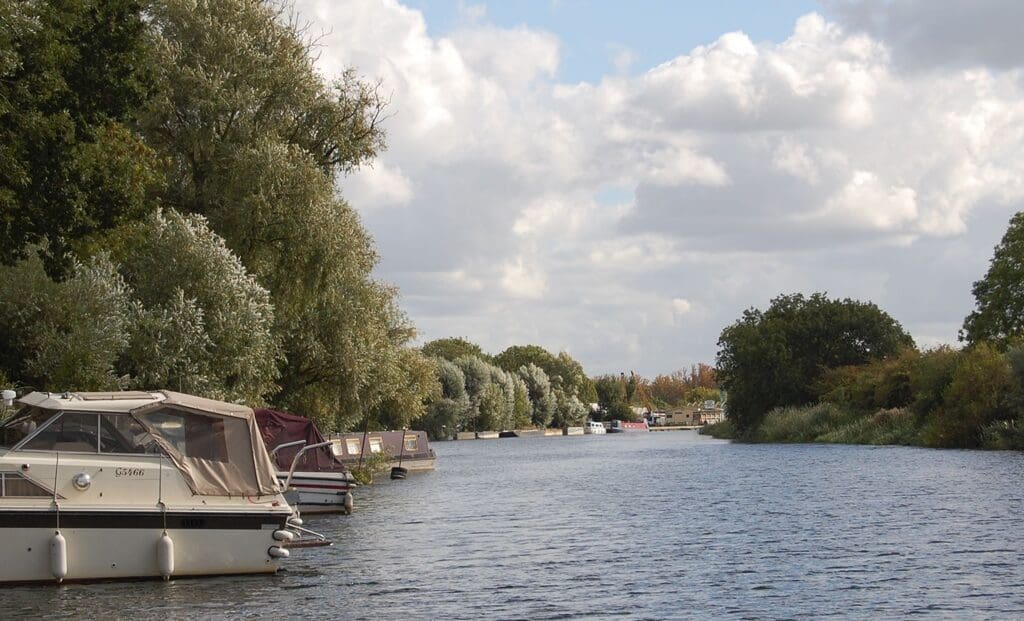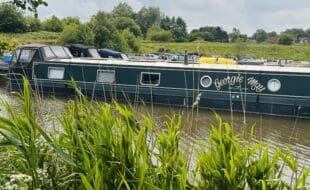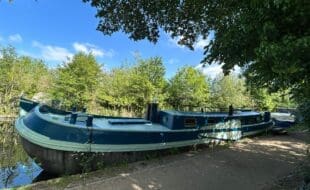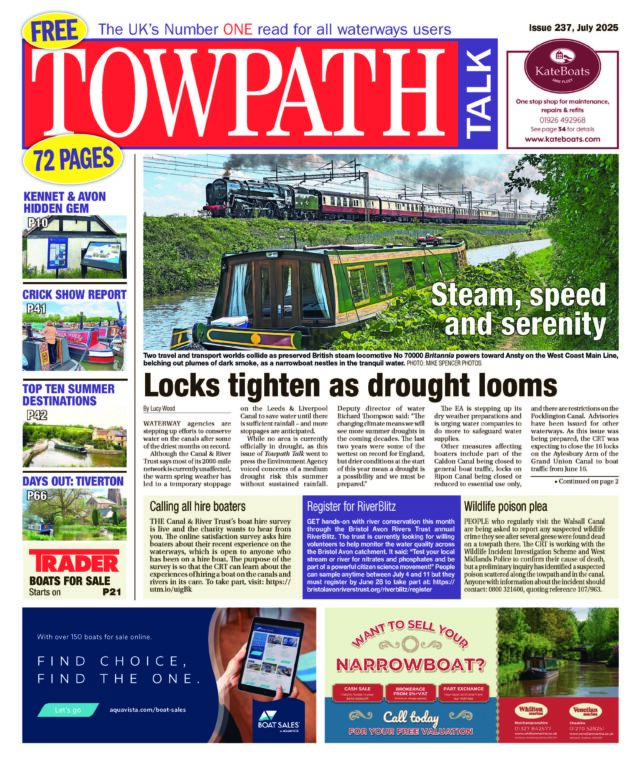
Boat owners who keep or use their vessels on Environment Agency (EA) waterways are being urged to have their say on newly proposed registration charges which will be introduced from 2022.
All boats kept or used on the non-tidal Thames, the Upper Medway or Anglian waterways (Rivers Great Ouse, Nene, Stour, Ancholme, Welland and Glen) must be registered with the Agency, with registration charges contributing to the operation of the waterways as well as the upkeep and management of the rivers, locks and facilities.
As the second largest authority of navigable waterways in the country, the EA wants to replace the current scheme – which can be inconsistent and complicated for customers – with a fairer and simpler charging regime across its three main waterway areas.
The proposals also include increased charge levels over a three year period which will be essential for delivering the required service to its boating customers. This would see a 6% increase in the first year (from January 2022), 4% in the second year and held for the final year.
Currently, funding from boat registrations does not fully cover the cost of services that the EA provides for boating customers, and in the absence of revised charges from January 2022, the EA would see around £2 million of under-recovered costs over the next three years.
Through a more consistent and modern charging scheme, the Environment Agency can continue to:
- Maintain assets such as locks, moorings, landings and bridges
- Carry out channel maintenance and tree management
- Carry out important health and safety work, such as improving walkways and access
- Undertake its operational activities including lock service and compliance work
Alice Mayne, Deputy Director for Navigation at the Environment Agency, said: “Boat registration charges are hugely important for keeping our waterways open and making sure they are safe for both recreational boaters and those who rely on them for business.
“Our waterways also receive income from other sources, including the government and commercial activities, but for a number of years our funding has not met our investment needs, and this has impacted our standards of service and the condition of our navigation infrastructure and facilities.
“That’s why we are proposing a simpler, fairer and more transparent charging system that is consistent across our waterways. This is something our customers have told us they want, and following extensive engagement, we have now incorporated their feedback into our final plans.
“This additional funding will make us more financially resilient and ensure we can provide a more sustainable service.”
The EA has 18,000 direct boat registration customers, mainly made up of private boat owners with 160 small river businesses. Overall there are 28,000 registered boats on the EA’s waterways, with 98% private and 2% business; 80% are powered boats and 20% unpowered.
The new charging proposals are also part of the Environment Agency’s new Navigation Business Plan that sets out a sustainable future for its waterways.
The consultation is open for eight weeks until the 16 September and can be found here.





